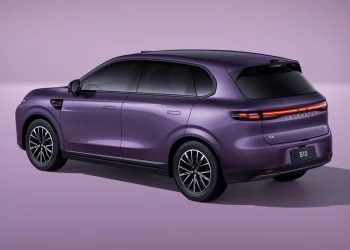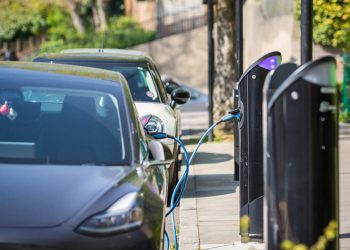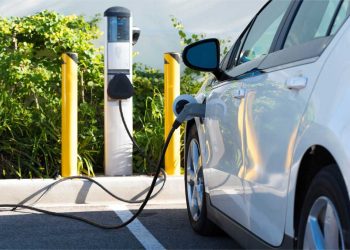President Donald Trump’s “One Big Beautiful Bill” just passed Congress. One of its biggest impacts? The end of the $7,500 federal tax credit for new electric vehicles. You now have less than three months to take advantage. The credit expires on September 30, 2025.
EV Subsidies Slashed—Fast
Early drafts of the bill suggested a six-month grace period for EV incentives. But the final version accelerates that timeline. Both the $7,500 credit for new EVs and the $4,000 credit for used EVs will disappear by the end of September.
This abrupt cutoff follows years of rising EV sales powered by incentives from the Inflation Reduction Act. That law helped make electric cars more affordable and boosted demand across the country. Now, that progress is being reversed.
What Else the Law Changes
The bill goes well beyond electric vehicles. It includes sweeping reforms that touch nearly every aspect of U.S. policy:
- Medicare cuts
- New work requirements for food stamps
- Slashed clean energy subsidies
Specifically, the 30% tax credit for rooftop solar will end on December 31, 2025. Incentives for geothermal heat pumps and energy-efficient appliances are also on the chopping block.
EV Rules Get Rolled Back
The new law also guts federal fuel economy regulations. The Corporate Average Fuel Economy (CAFE) standards are now toothless. Automakers who miss fuel targets no longer face penalties or need to buy credits from efficient competitors like Tesla.
It doesn’t stop there. The bill also revokes EPA waivers that allowed states like California to set stricter emissions rules. Without those waivers, state-level Zero Emission Vehicle (ZEV) mandates become unenforceable.
Impact on the Auto Industry
Automakers no longer have the same financial incentives to produce EVs. For Tesla, this means the loss of a major revenue stream—regulatory credit sales. For other automakers, the pressure to invest in clean technology is gone.
What This Means for You
The message is simple: The era of federally subsidized EVs is ending—fast.
If you’re shopping for an electric car, now is the time to act. After September 30, the $7,500 and $4,000 tax breaks are gone. And with the current political landscape, they may not return anytime soon.
Our Take
This is your last real opportunity to get a federally subsidized EV. The incentives are disappearing fast. Unless there’s a major political reversal, the clean energy momentum seen in recent years is grinding to a halt.
Summary
- EV tax credits end Sept. 30, 2025
- Solar and home energy incentives end Dec. 31, 2025
- CAFE standards and EPA waivers revoked
- Auto industry incentives stripped
- Consumers should act now
Other News:
Most EV Buyers Motivated by Savings, Not Climate Concerns, Survey Finds
Tesla Cybercab to Launch Public Rides in Austin











